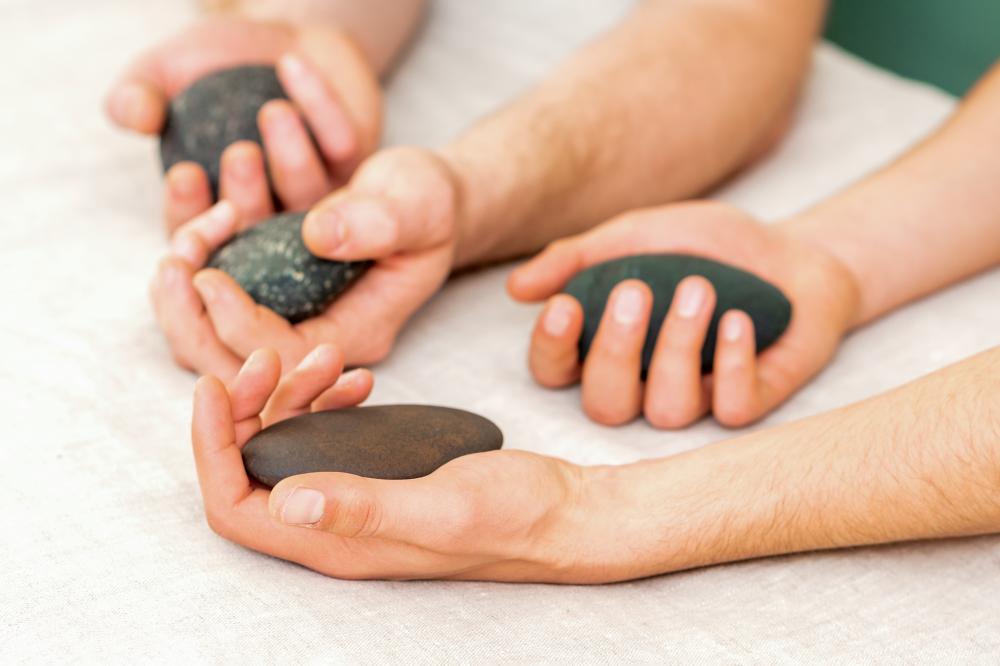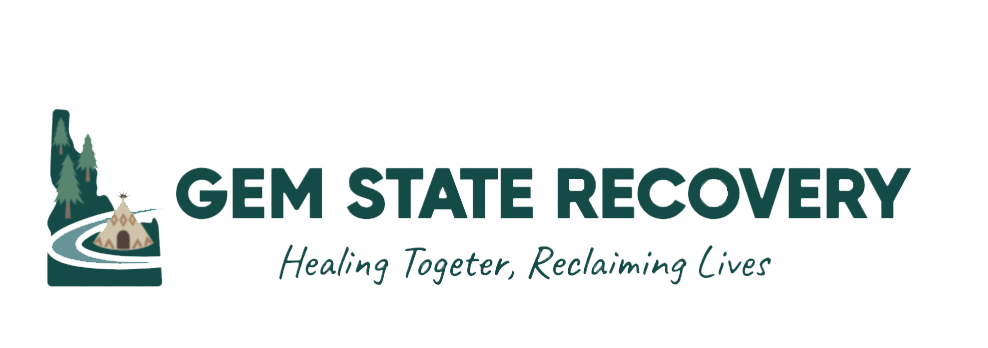
Outpatient Drug Rehab Boise Idaho
At Gem State Recovery, we recognize the courage it takes to reach out for help in overcoming addiction. Our outpatient drug rehab Boise Idaho offers a lifeline to those seeking to reclaim their lives from the grip of substance abuse. Our approach is deeply rooted in compassion, evidence-based therapy, and a commitment to personalized care.
Our Approach
Understanding the Individual
Every journey to recovery is unique. Our first step is always to understand the individual – their challenges, their strengths, and their personal goals. This understanding forms the foundation of the customized treatment plans we develop for each client, ensuring that care is as effective as it is compassionate.
Collaborating for Comprehensive Care
Our collaboration with nationally accredited providers ensures that our clients have access to a broad spectrum of specialized services. From detox programs and residential treatment to partial hospitalization and intensive outpatient programs, our network of care offers a seamless transition through the various stages of recovery.
Services Offered
- Cognitive Behavioral Therapy (CBT)
- Dialectical Behavioral Therapy (DBT)
- Eye Movement Desensitization and Reprocessing (EMDR)
- Family Support
- Group Therapy
- Individual Therapy
- Life Skills
- Medication Management
Holistic Treatment
Our belief in the interconnectedness of mind, body, and spirit guides our holistic approach to treatment. By addressing not just the symptoms of addiction but its underlying causes, we aim to foster healing that is both deep and enduring. Our use of therapies such as CBT, DBT, and EMDR reflects our commitment to leveraging the best tools available in the service of our clients’ recovery.
Client Testimonials
The stories of those who have journeyed with us at outpatient drug rehab Boise Idaho are our greatest testament. Time and again, clients tell us of the ways in which our programs have not just changed, but saved their lives. These testimonials speak to the effectiveness of our personalized, compassionate approach to addiction treatment.
Specialized Programs
Our range of clinical services allows us to meet a wide array of needs, tailoring treatment plans to the individual. Whether it’s our outpatient programs designed for those balancing treatment with daily life, or our intensive inpatient options for those needing a higher level of care, our focus is always on providing the right support at the right time.
Why Choose Us?
Choosing the right rehab facility is a critical step on the road to recovery. At Gem State Recovery, we stand out for our comprehensive approach to addiction and mental health treatment, our collaboration with top-tier care providers, and our unwavering commitment to the well-being of our clients. Our outpatient drug rehab Boise Idaho is more than a program – it’s a path to a new life.
Getting Started
Beginning the journey to recovery can feel daunting, but we’re here to make the process as smooth as possible. Our team is ready to answer any questions you may have, and to help you take that first, brave step towards healing. If you or a loved one is struggling with addiction, reach out to us. Your journey to recovery begins today.

What does outpatient drug rehab in Boise, Idaho entail, and how does it differ from inpatient treatment?
Outpatient drug rehab in Boise, Idaho, is designed to offer individuals the flexibility to undergo treatment while continuing with their daily lives. This type of rehab allows clients to live at home and maintain work or school commitments while attending scheduled treatment sessions. This contrasts with inpatient treatment, where individuals reside at the facility throughout the duration of their program. Outpatient rehab can be particularly effective for those in the early stages of addiction or those with strong support systems at home. It’s about balancing recovery with everyday responsibilities, providing therapy, support, and education without the need for a residential stay.
How effective are CBT, DBT, and EMDR in treating addiction, and what makes them different?
Cognitive Behavioral Therapy (CBT), Dialectical Behavioral Therapy (DBT), and Eye Movement Desensitization and Reprocessing (EMDR) are highly effective evidence-based therapies used in treating addiction. CBT focuses on identifying and changing negative thought patterns and behaviors, while DBT emphasizes regulating emotions and improving relationships through mindfulness. EMDR is aimed at processing and integrating traumatic memories that may contribute to substance use disorders. Each of these therapies addresses different aspects of addiction and mental health, making them valuable tools in comprehensive treatment plans. Their effectiveness lies in their ability to offer tailored approaches to the complex nature of addiction, providing clients with coping strategies and mechanisms for sustainable recovery.
Why is a holistic approach to treatment important in addiction recovery?
A holistic approach to treatment recognizes the interconnectedness of the mind, body, and spirit in the recovery process. This perspective ensures that treatment addresses not just the symptoms of addiction but its underlying causes. By integrating therapies that cater to physical health, mental well-being, and emotional balance, a holistic approach supports comprehensive healing. Activities might include nutrition counseling, yoga, meditation, and other stress-reduction techniques. It’s about nurturing all aspects of an individual’s life to foster a deep, enduring recovery, making individuals better equipped to handle life’s challenges without reverting to substance use.
What should individuals consider when choosing the right outpatient drug rehab program in Boise, Idaho?
Choosing the right outpatient drug rehab program involves several considerations to ensure it meets an individual’s unique needs. Factors to consider include the types of therapies offered, the qualifications of the staff, the availability of personalized treatment plans, and the program’s ability to address any co-occurring mental health disorders. It’s also important to look at the program’s flexibility to accommodate work or school schedules, the level of family involvement encouraged, and the type of aftercare support available. Researching and asking questions can help individuals feel confident in their choice, knowing the program provides a supportive environment conducive to recovery.
How does someone get started with outpatient drug rehab in Boise, Idaho, and what should they expect in the initial stages?
Getting started with outpatient drug rehab in Boise, Idaho, begins with reaching out to the facility to schedule an initial assessment. This assessment evaluates the individual’s substance use, mental health, medical history, and personal circumstances to recommend an appropriate treatment plan. Individuals can expect to discuss their goals for recovery, any concerns they have, and learn about the different aspects of the program. The early stages of rehab often involve detoxification if necessary, followed by an introduction to therapy sessions, group meetings, and educational workshops. It’s a time of adjustment, as individuals start to engage with the recovery process, build trust with their care team, and develop the skills needed for long-term sobriety.
How important is family involvement in outpatient drug rehab, and what role can loved ones play in the recovery process?
Family involvement is crucial in outpatient drug rehab, as it provides additional support and understanding that can significantly enhance the recovery process. Families can play a pivotal role by participating in family therapy sessions, learning about addiction and recovery, and developing healthier communication and coping strategies. Such involvement not only aids in the individual’s recovery but also helps heal the family unit as a whole. It’s an opportunity for loved ones to become integral parts of the support system, fostering an environment where the individual feels encouraged and bolstered in their journey to sobriety.
Resources
- Substance Abuse and Mental Health Services Administration (SAMHSA) – National Helpline: SAMHSA provides a national helpline for individuals and families facing mental health and substance abuse issues. They offer resources and support for those in need.
- National Institute on Drug Abuse (NIDA): NIDA is a government organization dedicated to advancing scientific research on drug abuse and addiction. They provide valuable information on the latest treatments and research findings in the field.
- National Alliance on Mental Illness (NAMI): NAMI is the largest grassroots mental health organization in the United States. They offer support, education, and advocacy for individuals and families dealing with mental health conditions.
- American Psychiatric Association (APA): The APA is a leading organization of psychiatric professionals. They provide resources on mental health treatments, research, and advocacy efforts in the field of psychiatry.
- Centers for Disease Control and Prevention (CDC): The CDC is a national public health organization that provides valuable information on a wide range of health topics, including substance abuse and addiction prevention.




